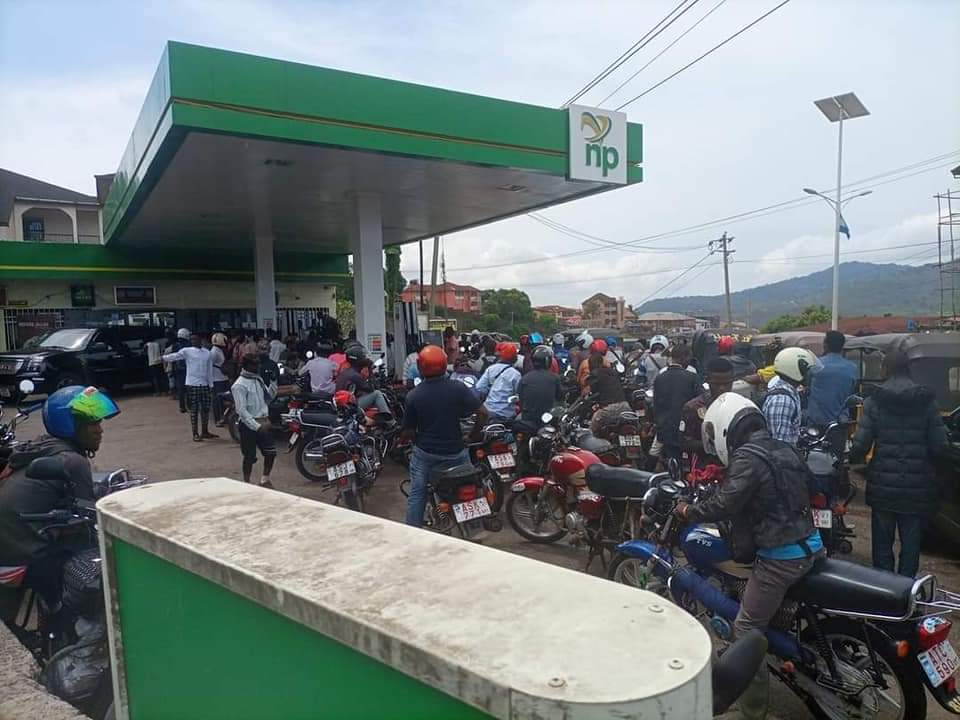The rapid fuel increase in the country has got everyone talking, crying and feeling the sharp pinch. Fuel is fuel—it is a ‘bread and butter’ commodity. When the price of fuel increases, everything else becomes more expensive. The last few days have seen significant price increases, and doing business requires favourable conditions for the movement of people and goods.
In all of this, the government seems to care more about the political implications—finding the most convenient place to apportion blame, while absolving themselves from the responsibility. Meanwhile, poor and working people are looking for answers to the ultimate question: what can be done? The information ministry is traveling the country, spending taxpayers’ money on fuel and other expenses to tell the public that the recent increases in fuel price is a matter way beyond their control—global factors. The mistake they make in this political calculus is that explanations alone will not solve the problem and will not address the cost-of-living concerns of the ordinary people.
In such a crisis, there are steps the government can take to at least try and cushion the impact on people. And that is how you show people that you care. In these circumstances, people do not care about what you say. It is what you do that makes a difference.
At a time like this, you would imagine that the government would ask civil servants, who do not need to be present in the office, to carry out their duties remotely. They can also encourage other employers to either do the same or introduce other measures that can help people to survive these trying times. At the height of the pandemic, many people and organisations learnt to work remotely. Meetings were moved online, workshops were done virtually, problems were solved remotely. Every challenge presents an opportunity. And this cost-of-living crisis should make us all think of new and efficient ways of doing business.
There is also the option of reducing the workdays. To be honest, many people do not have to work five days a week to complete the tasks that they have. Apart from old thinking, there is no evidence that supports a strict five-day work week. The less people are required to commute, the more they would be able to save resources to look after themselves and their families.
How about reducing the fuel allowances that government officials receive? It cannot only be ordinary taxpayers who suffer the impact of the crisis while senior government officials continue to enjoy all the benefits and perks that come with their position. If there is anytime right time for austerity measures, that tie is now.
These thoughts may seem radical to some people, but when COVID-19 struck, we all had to review the way we work because we had to protect and save lives. The need to protect people from this hardship, that only seems to be getting worse, is urgent today. And instead of going on a public relations offensive, it would be better for the government to focus its attention and resources on the best possible ways of reducing the hardship.
In these difficult times, relaxation and enjoyment may seem like a luxury. But please take care of yourself and have a nice weekend.
Note: This editorial reflects the views of the Engage Salone team.
About The Author
- Engage Salonehttps://staging.engagesalone.org/author/eng21_admin/
- Engage Salonehttps://staging.engagesalone.org/author/eng21_admin/
- Engage Salonehttps://staging.engagesalone.org/author/eng21_admin/
- Engage Salonehttps://staging.engagesalone.org/author/eng21_admin/


